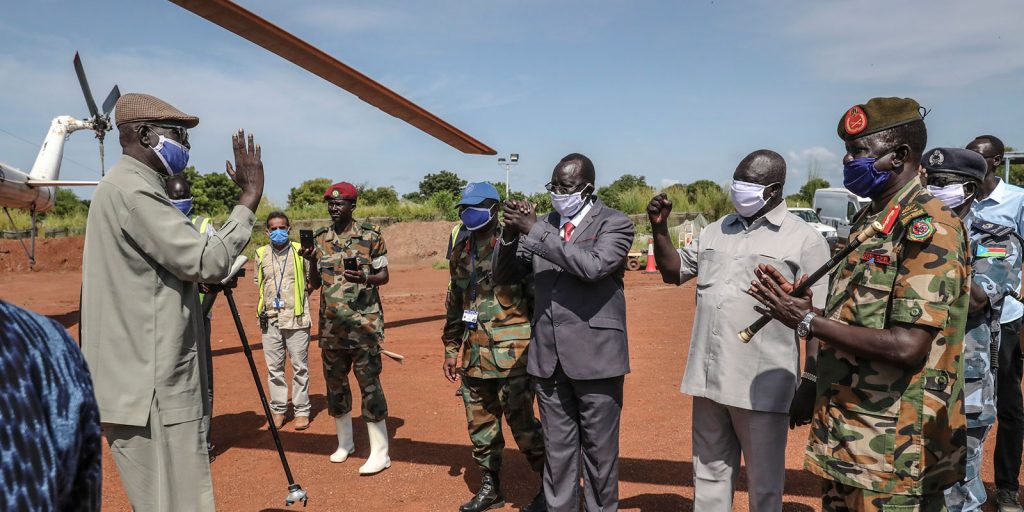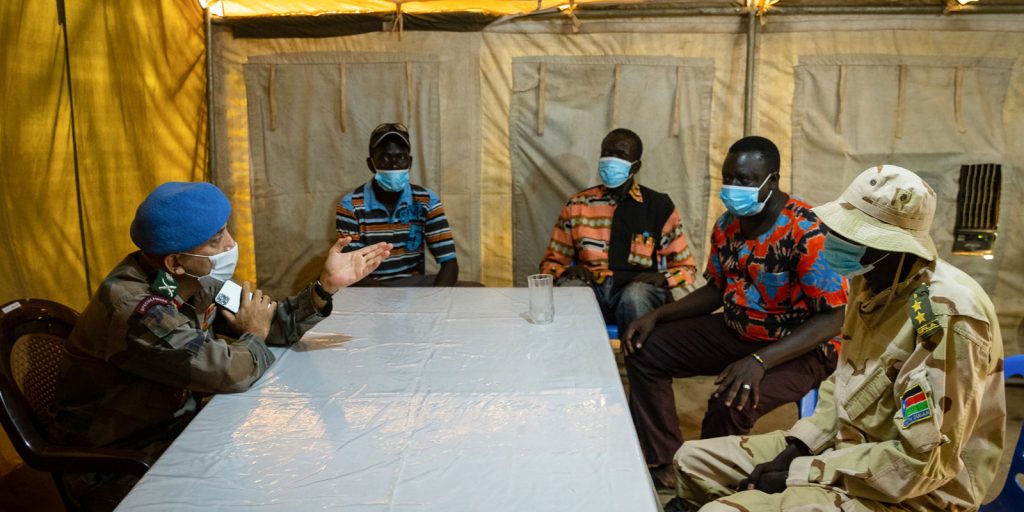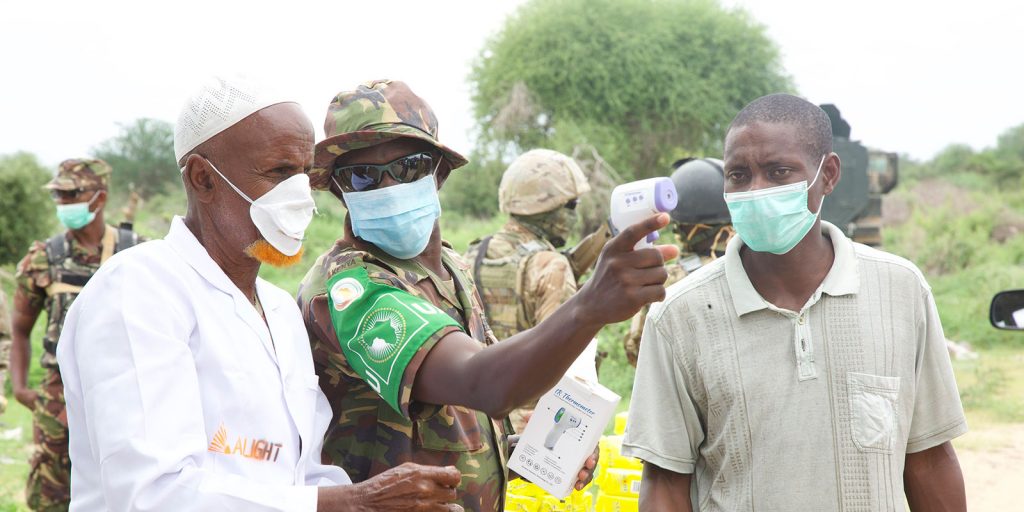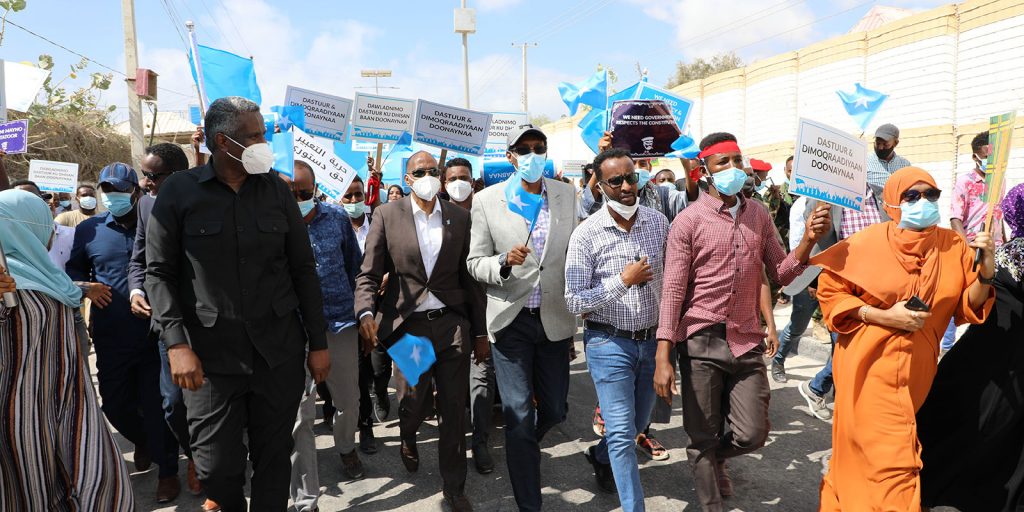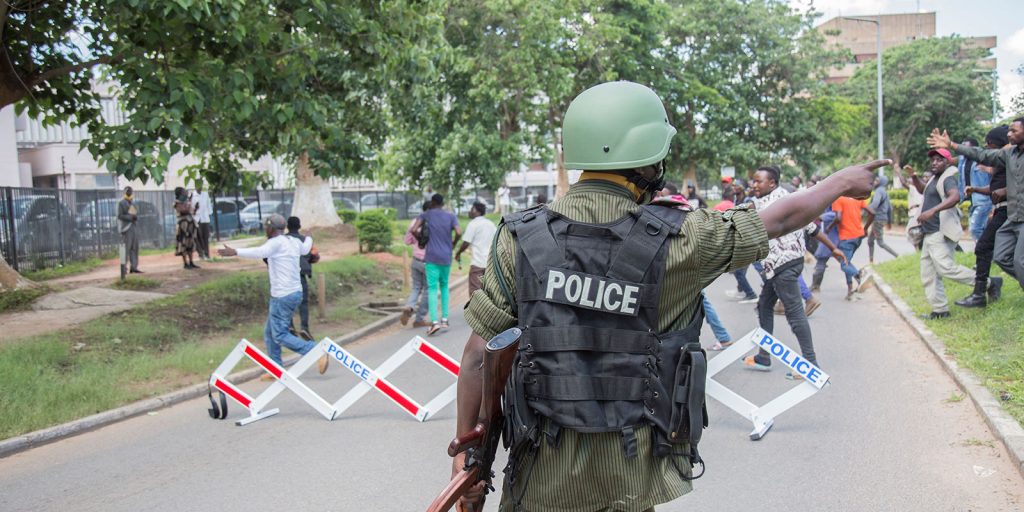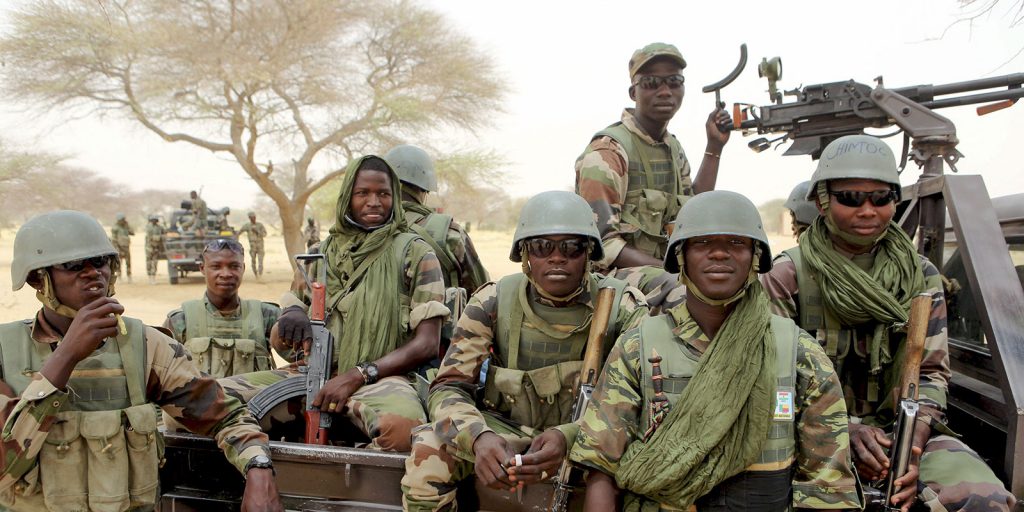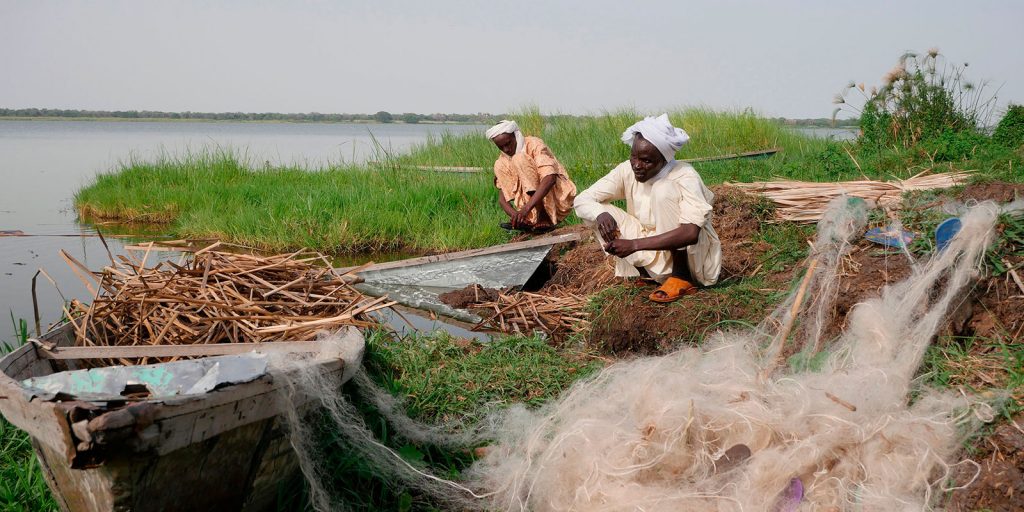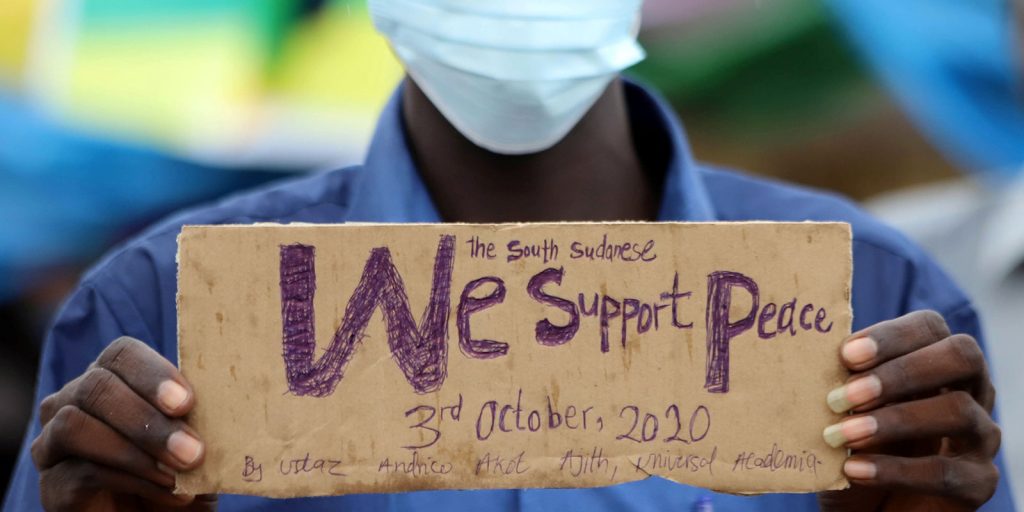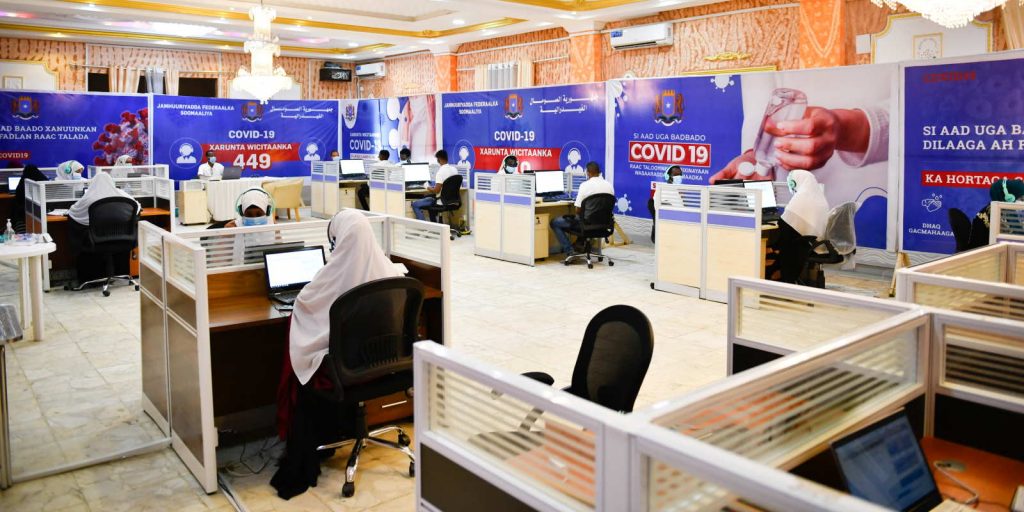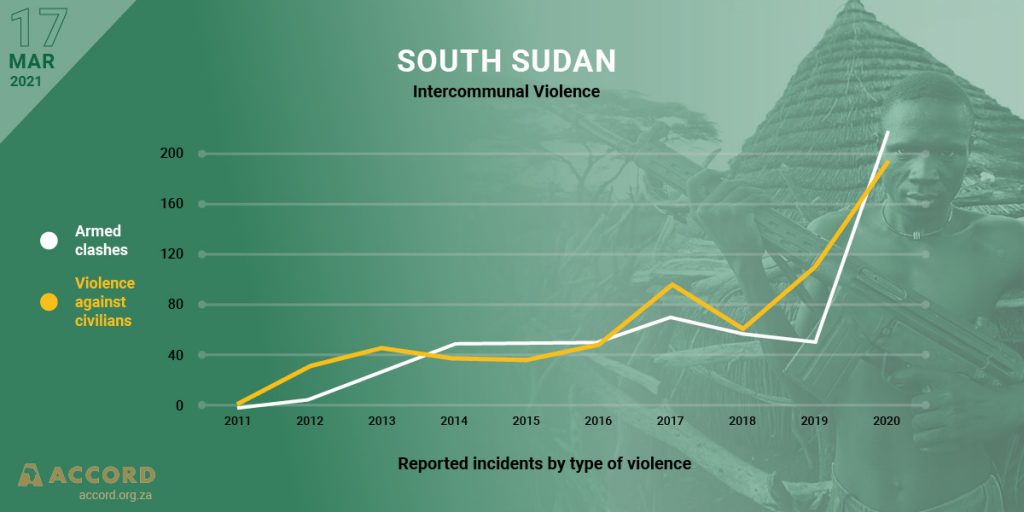
A critical year ahead for the UN Mission in South Sudan
The peace process in South Sudan is still highly vulnerable to relapse. Although the Revitalized Peace Agreement has brought large-scale fighting to an end, inter-communal conflict has flared up and will most likely be a major cause of instability and displacement in the year ahead. The implementation of the peace agreement has been slow and uneven with the parties mainly focused on elite power-sharing arrangements. In the meantime, the coronavirus (COVID-19) pandemic has contributed to delaying the full implementation of the peace agreement and it has also disrupted the work of the United Nations. The UN Mission in South Sudan (UNMISS) has implemented enhanced mitigation and prevention measures after a recent significant increase in COVID-19 cases in South Sudan, which has been mirrored by an increase in cases among UN personnel.

